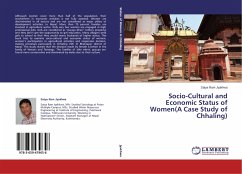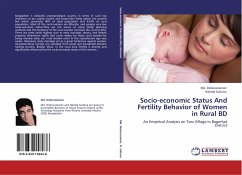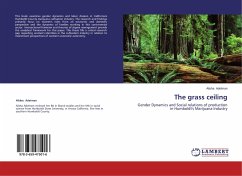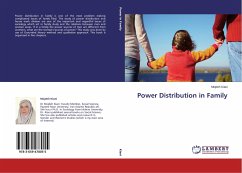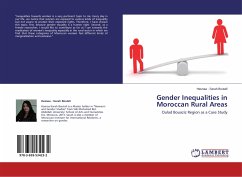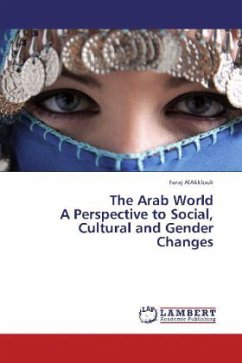Although women cover more than half of the population, their involvement in economic activities is not fully assessed. Women are discriminated in all sectors and are not considered as major pillars of development activities. In Nepal, More than 70 percent females are involved in agriculture sector. Only very few women are engaged in high professional jobs. Girls are considered as "paraya dhan" (others property) and they don't get the opportunity to get education. Many villagers send girls to school so that they would marry husbands of higher status. This book tries to examine socio-cultural and economic status of women, women's participation in agricultural activities and responsive decision-making processes particularly in Chhaling VDC of Bhaktapur district of Nepal. This study reveals that the decision made by female is better in the family of Newars and Tamangs. The families of elite ethnic groups are found more conservative and dominated by males due to their culture.

